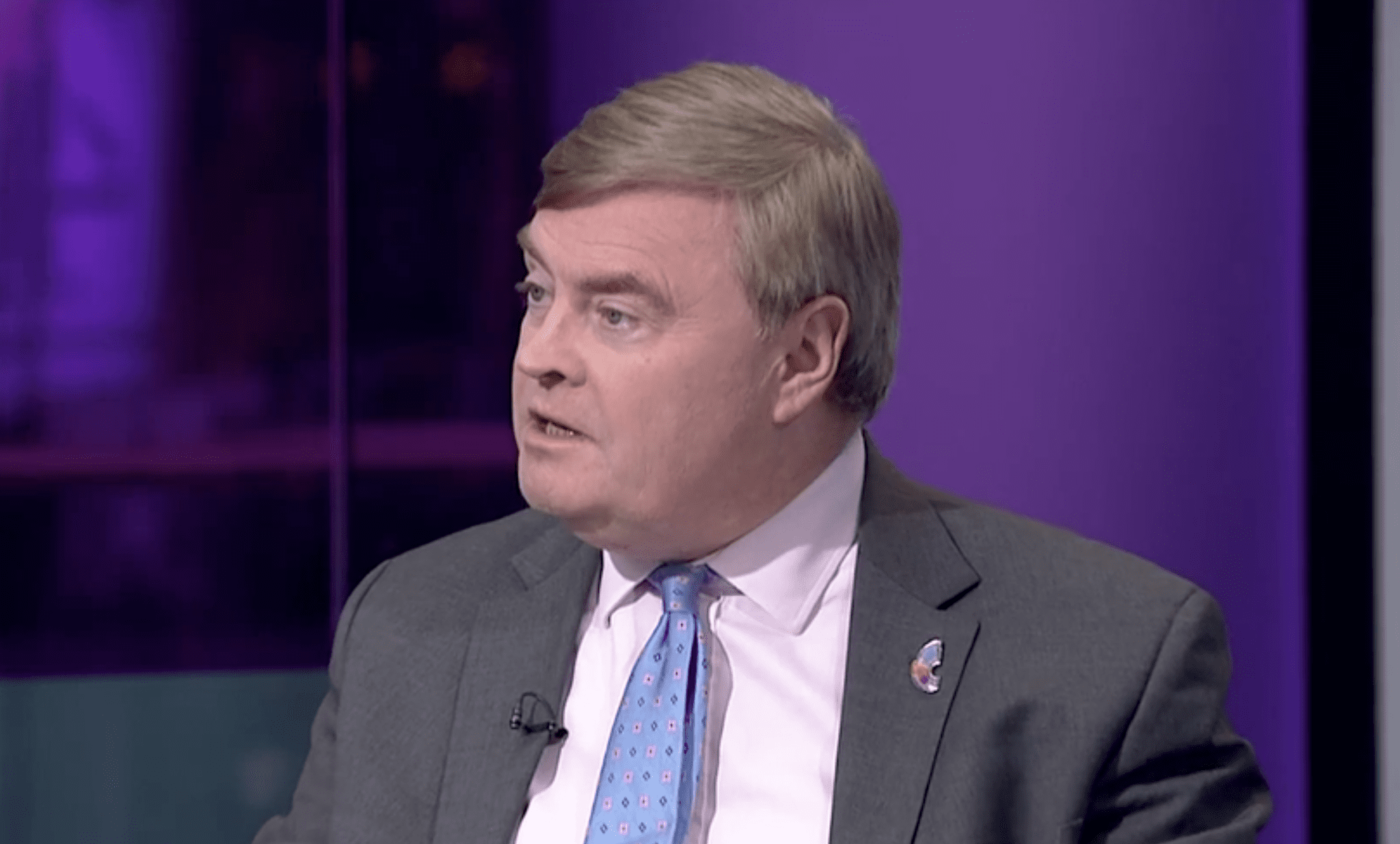Ahead of the National Conservatism Conference taking place in Brussels this week, Remix News spoke to former Conservative MEP David Campbell Bannerman to get his take on the current political landscape in the United Kingdom, and the strength of conservatism and traditional values felt across the country.
Campbell Bannerman, a distant relative of the former Liberal prime minister, Henry Campbell-Bannerman, is speaking at the conservative conference in his capacity as chairman of the Freedom Association, a non-partisan, classically liberal campaign group in Britain.
A transcript of the interview in full can be found below:
To what extent do you think the current Conservative government has the support of ‘small c’ conservatives? Have they only pledged their support to Boris Johnson due to the absence of any other viable conservative party?
It’s not just small c conservatives but Labour voters who could not vote for Labour’s Jeremy Corbyn and who backed Brexit who supported Boris Johnson and the Conservatives at the last election, giving us a remarkable 80-seat majority. These ‘Red Wall’ seats included a Conservative MP now in Tony Blair’s original ‘safe’ Labour seat of Sedgefield — that illustrates the massive nature of the swing to the Conservatives.
Is the government’s net zero target on carbon emissions exacerbating the current cost of living crisis? How far should the government row back on this pledge to ensure sustainable and affordable energy for Brits?
Yes, I believe it is. Wind turbines, for example, are still receiving massive subsidies, paid out of energy bills. Coal is now only 3 percent in the U.K. whilst Germany still keeps the proportion of its energy generation at 25 percent. Coal is cheaper but dirtier environmentally. The lack of coal generation has put more emphasis on gas at a time when gas prices are stratospheric. There is a desire to push nuclear hard, which is welcome, but there are clearly very long lead times for nuclear power stations, whether large or small.
In my view we must now ‘park’ the drive to net zero targets whilst the USA, China and India catch up, such as over coal emissions. It is suicidal economically to seek to meet these targets, when we only represent 1 percent of global emissions.
How do you think the government has fared during this parliament? Has it wasted the opportunities made available to it by its overwhelming parliamentary majority?
Well, the government has had to deal with a national emergency in the form of Covid and wartime debt levels — it cost us £450 billion in support payments. So yes, of course it has been diverted to fighting Covid, but it did a great job on vaccines, which was of international benefit, and coped well under enormous unexpected pressures.
Now, finally, the Government has the opportunity to get back to its original agenda, and I am encouraged at the policy and people reset Boris Johnson has enacted. We must firstly ensure we deliver on the many Brexit opportunities now made possible outside the EU as a free, independent, sovereign nation state once more. The U.K.’s leadership and speed over Ukraine — being the first to warn of the invasion threat and then to send vital weapons in first — is a case in point of our new flexibility and freedom of action.
Do you believe the country would benefit from a return for Nigel Farage to front line politics? Is there scope for another conservative party to refocus Boris Johnson’s party, in the same way UKIP forced electoral pressure in 2015?
Nigel Farage did a vital job in securing Brexit. Without his courage, political nous and energy we wouldn’t have got Brexit. But, no, I don’t think it’s a good idea to keep trying to return in politics. He rightly said recently to our Freedom Association how hard it is to break into power with our two-party electoral system. I too know how hard that is as his former deputy Leader and UKIP Party chairman. It can be a thankless task. He is highlighting the costs of net zero in a campaign and has made a great job of presenting at the GB News.
With record levels of illegal immigration arriving into England via the English Channel, why do you think the Home Office has failed so miserably to date in its attempts to take back control of Britain’s borders?
I am one of those shocked, angry and frustrated at the inability to protect and safeguard our borders against illegal immigrants — who are mainly economic migrants anyway, not the genuine refugees we have seen pour out of Ukraine.
This is down to what I call a ‘knot’ of human rights laws, some international such as the ECHR and UN agreements on refugees that are no longer fit for purpose, and some domestic such as Labour’s U.K Human Rights Act. What we should do is have offshore processing well away from the U.K. to make illegal transit far less appealing.
How concerned should the West be by the rise in Chinese influence across its educational institutions?
Very. I admire the Chinese for their long-term thinking whilst we in the West and U.K. are far too short-termist. They are quietly building a China-dominated world — look at how they have wrested the Bahamas away from the British Monarchy and their grip on major world resources globally, often providing major infrastructure but using Chinese labor.
My view is we should welcome Chinese students but be far more robust about what they study and whether those studies may compromise our security. The invidious nature of funding linked to the alleged suppression of free speech or free expression is totally unacceptable. This is creeping Communism of the sort we have seen extinguish vital freedoms in Hong Kong.
The National Conservatism Conference is taking place in Brussels on March 23-24.






